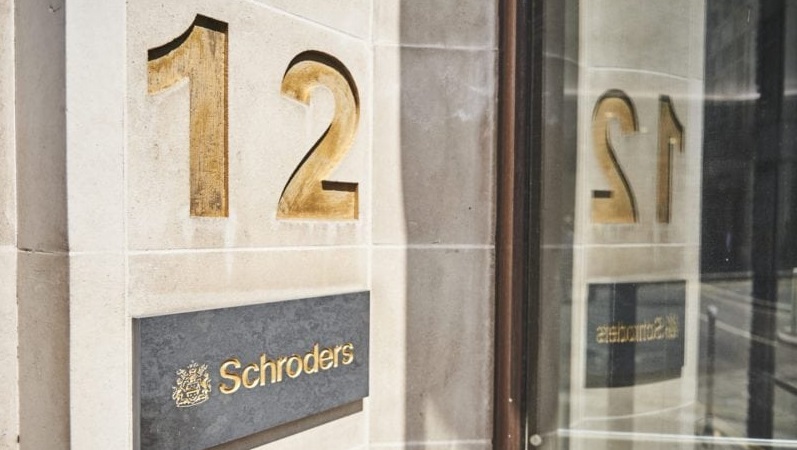The fund managers of the Schroder UK Public Private investment trust have told former holdings of Neil Woodford that they will not be an “an endless source of capital for them”.
Managers Tim Creed and Ben Wicks, who have run the trust formerly known as Woodford Patient Capital since December, said 40% of their holdings would benefit from the current situation and will finish the year on budget, while 32% are expected to take a hit to revenues or profitability but have low financing risks, during a webinar presentation on Thursday.
But 28% of their investment companies were flagged as having “significant problems” as a result of Covid and will likely require a further round of financing in the next 12 to 24 months.
Since the coronavirus sell-off began on 20 February the Schroder UK Public Private has slumped further than the IT Growth Capital sector, losing investors 22.6% versus the average peer’s losses of 5.7%. It has £476.8m of assets, according to Trustnet.
‘Companies have to earn the right to see follow-on investments from us’
“A lot of the work that’s been going on in the last five months has been much more on that portfolio management side than the portfolio construction side,” Wicks said, the fruits of which won’t be fully appreciated until later.
Wicks added the SUPP team had “spent thousands of hours between us” engaging with boards of portfolio companies and talking to senior executives about cash management practices, navigating government support schemes and in some cases reducing their own pay.
“We cannot afford companies to think of this trust as an endless source of capital for them, it is not that,” Wicks said. “We have made that very, very clear to companies that they have to earn the right to receive follow-on investments from us.”
Along with Rutherford Health, Oxford Nanopore and Benevolent AI were spotlighted by the managers as companies that had indirectly or directly benefitted from the coronavirus and had contributed to combating the pandemic.
Benevolent AI has identified a potential treatment for Covid-19 with safety trials being currently run in the US. It was written down by Link last September when the trust was still under Woodford’s control, resulting in a 4p hit to NAV.
Fund managers dial down earlier warning over NAV
The duo expressed confidence in the value of the trust’s holdings after earlier warnings that Covid could wipe up to 8% off the fund’s net asset value.
SUPP has switched from daily to quarterly NAV reporting with the next figure to be released in June.
During the presentation Creed pointed to the fact that former Woodford holding Oxford Nanopore had recently received backing from a “high profile international investor” at the set valuation. Oxford Nanopore was last valued at $1.9bn “which makes it one of the UK’s largest and most profiled unicorns,” Creed said.
Immunocore and Benevolent AI had also attracted new backers in the last five to six months, he said.
“The fact that three of the four largest companies have had these high quality, internationally recognised investors coming in at these valuations or gives us certain confidence and belief in the current valuations of those companies.”
Oxford Nanopore is the trust’s third largest holding at 13.3% of the portfolio, while Benevolent AI and Immunocore make up 6.0% and 4.3% respectively.
Schroders managers seek to create a more balanced portfolio
Creed reiterated plans to balance the portfolio over the medium and long-term but said timescales had been left “deliberately a bit open-ended”.
“This is clearly a relatively long journey. It’s not something that can all be done overnight,” said Creed.
“We believe that a more balanced portfolio, by healthcare, by IT, by industrials and business services, will deliver a better overall performance in the long run through all economic cycles.
“So, what we’re saying is it will take a period of time, it won’t be weeks or months, it will be longer.
“We are deliberately not putting a specific end point on when we get there, because this will be an actively managed portfolio, whereby the exact allocation to one industry versus another industry will always change. And this is a view of what we think the portfolio can look like over a long period of time, rather than a single point of time at one date in the future.”










